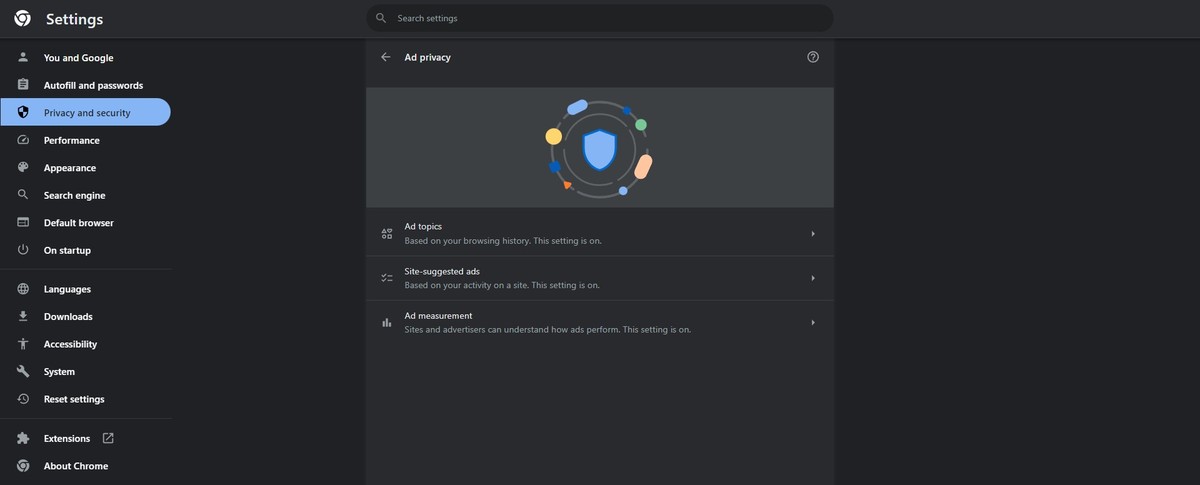Google started out with a "don't be evil" motto when it launched its first product, Google Search. Today, Google is a different company. It has created numerous products and abandoned a lot.
For the past couple of years, Google pushed "privacy" features in its products, especially Google Chrome. The two main products that have come out of this is the Privacy Sandbox and IP Protection.
Privacy Sandbox is highly controversial. Google claims that it improves privacy for all users that use Google Chrome. The main idea behind it is to move tracking from the user level, using cookies for the most part, to the group level.
To achieve this, Google baked technology into the Chrome browser that analyses the user's browsing history. The data is then used locally on the user's device to assign interest groups.
Browse lots of car, sports or knitting websites? Chrome will assign you to matching groups. These groups are then used by advertisers and publishers to display ads. Google, being the dominant advertising company in the world, benefits the most from it.

Apart from keeping some form of tracking alive on the Internet, Google is also holding the key to the technology. It is in the browser and Google controls Chromium and Chrome. In other words, Google controls the entire feature.
Is the Privacy Sandbox good for user privacy? It depends on your perspective. If you already block third-party cookies, then it won't have a positive effect. In fact, you will be tracked again when it launches, unless you turn it off.
Google's main argument for improved privacy is that Privacy Sandbox does away with third-party cookies. However, it replaces one form of tracking with another. It may not be as individual as before, but it is still tracking in the end.
Privacy Sandbox is available for all Chrome browsers, and also for Android.
Chrome users who want better privacy, and not change to a privacy-friendly browser, may turn off the entire Privacy Sandbox feature to improve their privacy significantly. Kick third-party cookies to the curb as well, and you have improved privacy to a level that Google will never reach.
You can check out my guide on disabling Android's Ads Privacy feature here. If you use desktop Chrome, check out my guide on turning off the advertising features in Chrome.
IP Protection
IP Protection is another new feature that Google is rolling out in the Chrome web browser. It is designed to protect the IP address of user devices, so that websites don't get access to it anymore.
Google achieves this by tunneling all user requests through its own servers. What the company failed to mention during the announcement was that this feature gives it access to the entire activity of the user.
Proton calls the feature Privacy Washing, and it is. Google gets a "God’s-eye view of every website you visit at all times while using Chrome". Google gets another access point to user data, which is invaluable in the advertising world.
Chrome users may want to keep the feature disabled. There are better options to protect your IP address, including using a reputable VPN service, such as Mullvad's. Tor Browser, a free Firefox-based web browser with a focus on anonymity, may also be used to protect the IP address.
Closing Words
Google uses words like privacy or protection deliberately to influence public opinion. This doesn't influence privacy-minded individuals and groups, but it may persuade the general use base that this feature is indeed beneficial to one's privacy and protection.
Now You: what is your take on this development?
Thank you for being a Ghacks reader. The post Google is the master of fake Privacy features appeared first on gHacks Technology News.
☞ El artículo completo original de Martin Brinkmann lo puedes ver aquí

No hay comentarios.:
Publicar un comentario